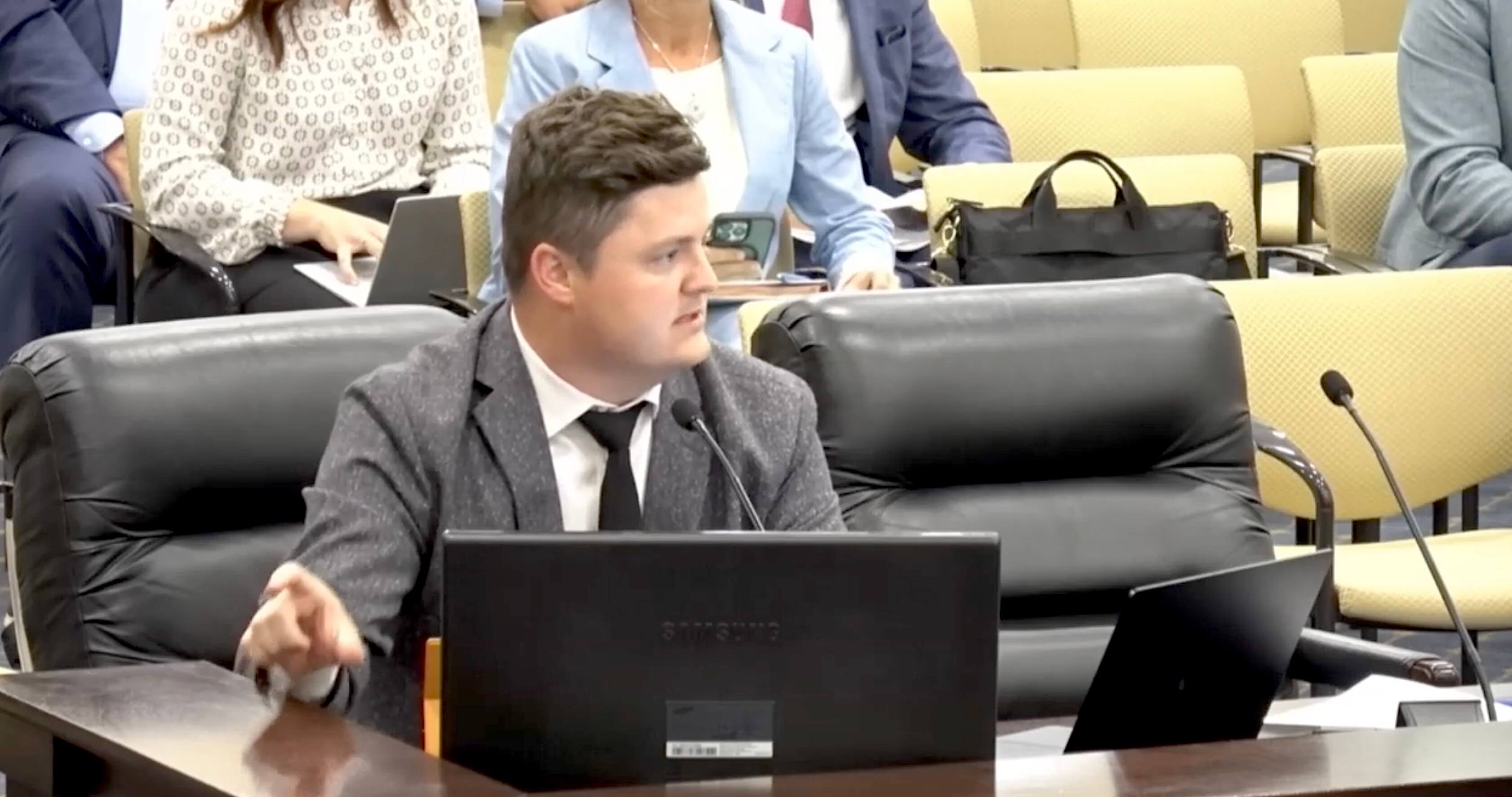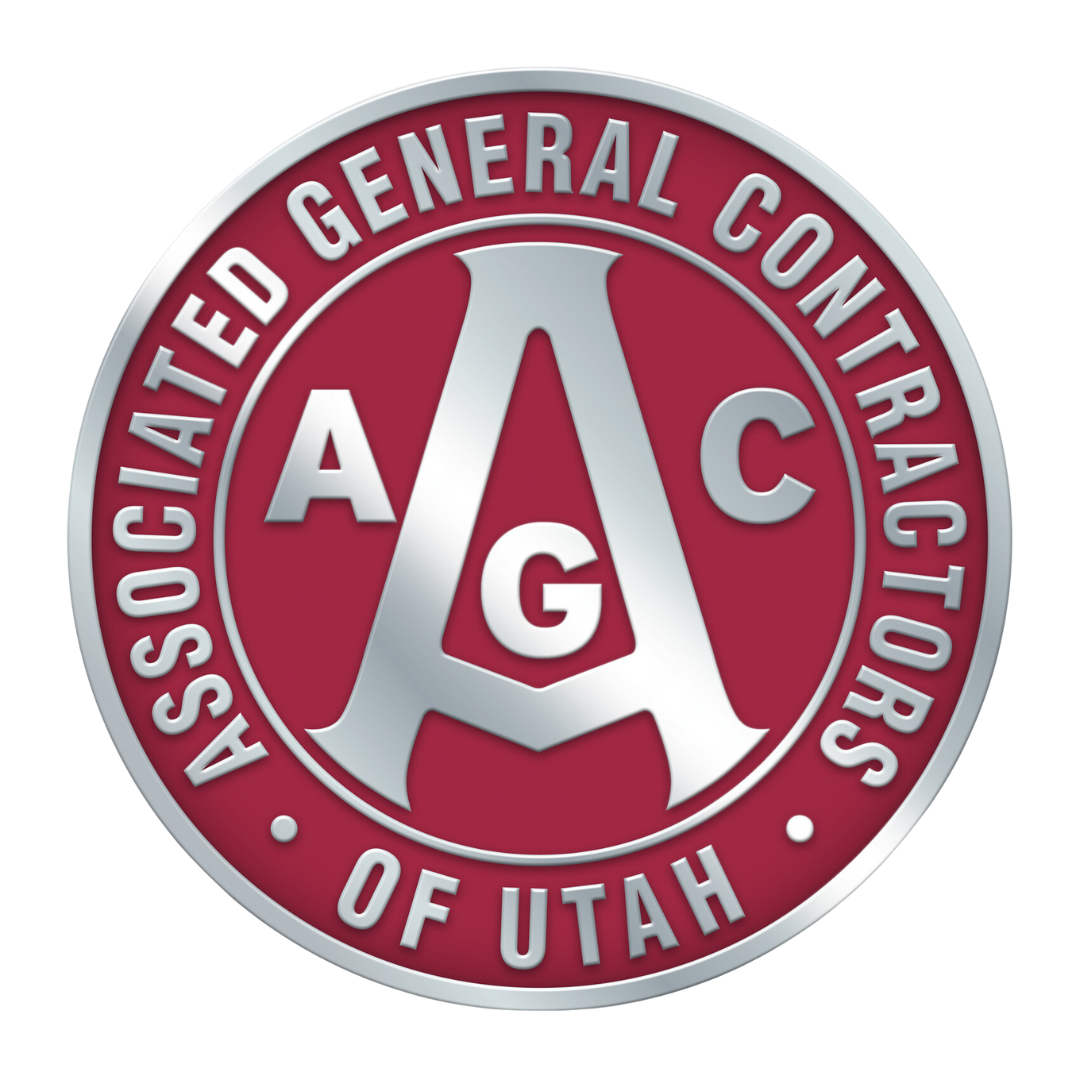AGC of Utah Engages on Key Construction Issues During June Legislative Interim Session

On June 18, 2025, the AGC of Utah participated in several important discussions during the Utah Legislature’s interim committee meetings. For those unfamiliar, interim committees are legislative workgroups that meet between general sessions to study issues, hear public and agency input, and shape future legislation. These committees are where many major policy ideas begin to take form—and where AGC ensures the voice of the construction industry is heard.
Understanding State Construction Costs: DFCM’s Presentation to Government Operations
One key discussion took place in the Government Operations Interim Committee, where the Division of Facilities Construction and Management (DFCM) presented on why state construction projects cost as much as they do. Lawmakers expressed concern about the burden on taxpayers and are actively exploring solutions. A "deep dive" committee has been formed to study the issue, and AGC’s own President & CEO Joey Gilbert serves on that committee, providing valuable insight on behalf of the industry.
Prior to the hearing, some policy discussions surfaced suggesting DFCM could act as the general contractor on state projects. AGC is actively working to dispel that narrative. Such a change would not only be inaccurate in its assumptions—it would also be costly to taxpayers and damaging to Utah’s robust private construction sector.
AGC is emphasizing that higher state construction costs stem from several factors, including:
- Expansive agency-driven scope demands,
- Lack of incentives to stay under budget,
- Inclusion of tenant improvements in public construction budgets,
- And the complexity of public procurement.
Lawmakers appeared receptive to this context, and AGC will continue to engage closely as the deep dive committee advances.
AGC's Transportation Workforce Update:
AGC of Utah also presented before the Transportation Interim Committee to address concerns about workforce availability and project prioritization. As some policymakers consider shifting UDOT funding to other priorities, AGC delivered a clear message: Utah’s construction workforce is ready to meet the state’s infrastructure needs.

Using data from the Bureau of Labor Statistics, AGC of America, and Utah’s Department of Workforce Services, AGC reported:
- While every industry desires more skilled labor - construction does a better job at retaining skilled talent compared to other sectors.
- Utah construction employment has grown 28% since February 2020, outpacing national trends.
- The labor market remains strong and resilient, with contractors showing adaptability and problem-solving at every level.
- Job openings and workforce demand remain steady, and wages continue to rise in response to market conditions.

This data reassures legislators that workforce capacity is not a barrier—and that prioritizing UDOT’s funding is a smart investment in Utah’s long-term infrastructure.
UDOT Policy and Legislative Clarifications
Finally, the Transportation Committee heard from UDOT on several pressing matters:
- UTA’s tax-exempt status now that it falls under UDOT’s purview—this could have ripple effects for how UDOT contracts and purchases from vendors.
- Rule changes to project prioritization, with implications for future funding and planning cycles.
- A presentation clarifying the interaction between the Legislature, UDOT, the Transportation Commission, and private industry, to promote more transparency and coordination.
Looking Ahead
AGC of Utah remains actively involved at every level of legislative engagement, ensuring the voice of the construction industry is not only heard—but respected. From addressing misconceptions to showcasing the strength of Utah’s workforce, AGC is committed to shaping smart, sustainable policy for the state’s growing infrastructure needs.
